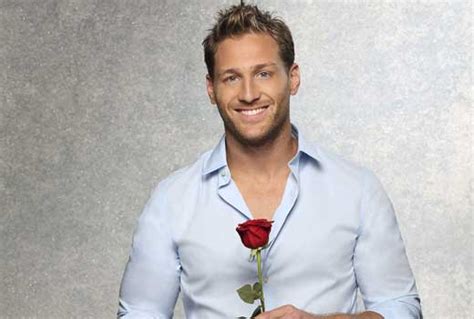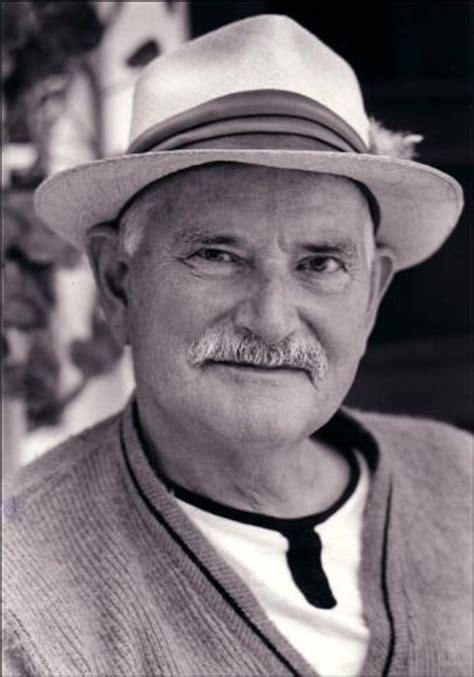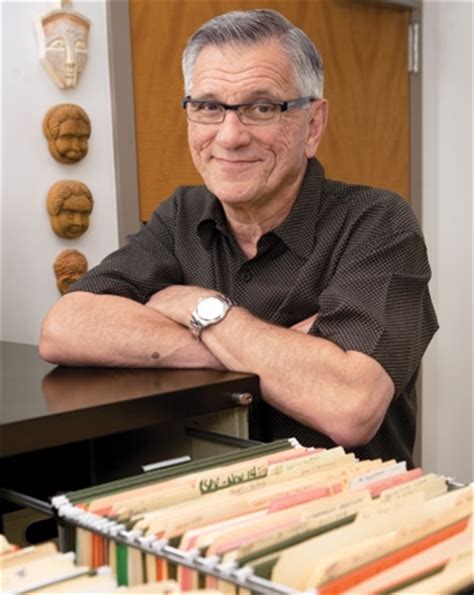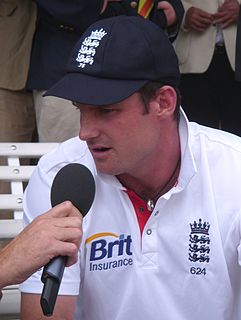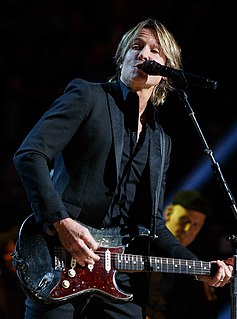A Quote by Robin Sharma
Words have power. Use the language of leadership versus the vocabulary of a victim.
Quote Topics
Related Quotes
To be functionally fluent in a language, for instance, in most cases you need about 1,200 words. To acquire a total of vocabulary words, if you really train someone well they can acquire 200 to 300 words a day, which means that in a week they can acquire the vocabulary necessary to speak a language.
Being a slow reader would normally be a deficiency; I found a way to make it an asset. I began to sound words and see all those qualities - in a way it made words more precious to me. Since so much of what happens in the world between human beings has to do with the inconsideration of language, with the imprecision of language, with language leaving our mouths unmediated, one thing which was sensuous and visceral led to, in the use of language, a moral gesture. It was about trying to use language to both exemplify and articulate what good is.
In the most basic way, writers are defined not by the stories they tell, or their politics, or their gender, or their race, but by the words they use. Writing begins with language, and it is in that initial choosing, as one sifts through the wayward lushness of our wonderful mongrel English, that choice of vocabulary and grammar and tone, the selection on the palette, that determines who's sitting at that desk. Language creates the writer's attitude toward the particular story he's decided to tell.
I am glad that the country world...retains a power to use our English tongue. It is a part of its sense of reality, of its vocabulary of definite terms, and of its habit of earthly common sense. I find this country writing an excellent corrective of the urban vocabulary of abstractions and of the emotion disguised as thinking which abstractions and humbug have loosed upon the world. May there always be such things as a door, a milk pail, and a loaf of bread, and words to do them honor.
The term power comes from the Latin posse- to do, to be able, to change, to influence or effect. To have power is to possess the capacity to control or direct change. All forms of leadership must make use of power. The central issue of power in leadership is not Will it be used? But rather Will it be used wisely and well?
Kids use words in ways that release hidden meanings, revel the history buried in sounds. They haven't forgotten that words can be more than signs, that words have magic, the power to be things, to point to themselves and materialize. With their back-formations, archaisms, their tendency to play the music in words--rhythm, rhyme, alliteration, repetition--children peel the skin from language. Words become incantatory. Open Sesame. Abracadabra. Perhaps a child will remember the word and will bring the walls tumbling down.


